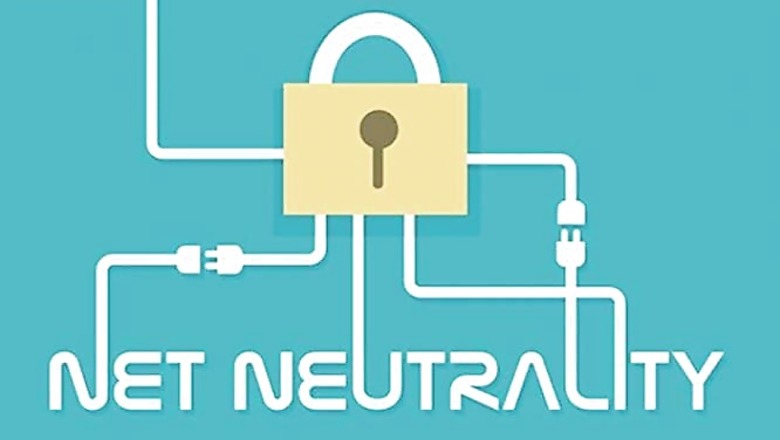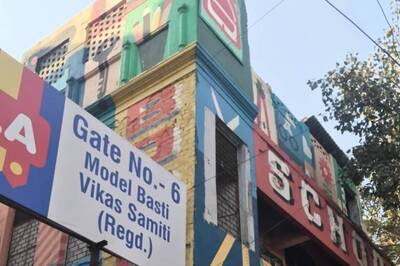
views
Internet and Mobile Association of India (IAMAI) has expressed its stand in the ongoing debate around Net neutrality in India and said that it believes "differential pricing violates not only principles of net neutrality but TRAI’s own stated principles of pricing."
IAMAI has sent its official response (see below) to the Telecom Regulatory Authority of India (TRAI) consultation paper inviting comments on Net neutrality in India. TRAI has extended the last date for sending in comments from December 30 to January 7 and January 14 is the new last date for counter comments, extended from January 7.
TRAI had offered three models of differential pricing:
1. When the service provider selects the content, which is offered free or bundled together at reduced rates.
2. In which one content provider creates a platform where other content providers can apply, and be selected. The platform creator then partners with service provider(s) to provide free Internet access to participating content providers, for the subscribers of those service providers (for example Facebook's controversial Free Basics)
3. In which operators charge differently for certain types of Internet apps over others [on-network terminated calls].
IAMAI asserts that "all three models violate basic principles of Net neutrality."
The debate on Net neutrality stirred across India after Airtel decided to charge separately for Internet-based calls but withdrew it later after people protested. Internet activists and experts flayed the operator for 'Airtel Zero' service along with Facebook's Internet.org service, later renamed as 'Free Basics.'
Net neutrality implies that equal treatment be accorded to all Internet traffic and no priority be given to an entity or company based on payment to content or service providers such as telecom companies, which is seen as discriminatory.
Facebook has been lobbying hard in India to garner support for its controversial Free Basics program that that offers people without the Internet free access to a handful of websites through mobile phones. Recently the social media giant unleashed a blitzkrieg of advertisements across the Indian media along with push notifications to millions of its users in India (and also abroad) urging them to petition TRAI in support of the company's stance.
Zuckerberg also penned a column in The Times of India in defence of Free Basics and expressing his displeasure with the criticism. Net neutrality activists say Free Basics violates the principle that the whole Internet should be available to all and unrestricted by any one company.
A number of IIT, IISc faculty members have also come together to issue a statement against Facebook's Free Basics, in which they called it a 'lethal combination that will lead to total lack of freedom on how Indians can use the Internet' and highlighted major flaws in the program.
While agreeing that "there is an urgent need to connect the billion unconnected people and narrow the digital and developmental divide." IAMAI suggested that "there were clearly other transparent and more effective ways of achieving that goal."
According to the industry body, investing in infrastructure for common access and providing subsidised and non-discriminatory access directly to the consumers, could help India achieve the goal of bridging the digital divide.




















Comments
0 comment